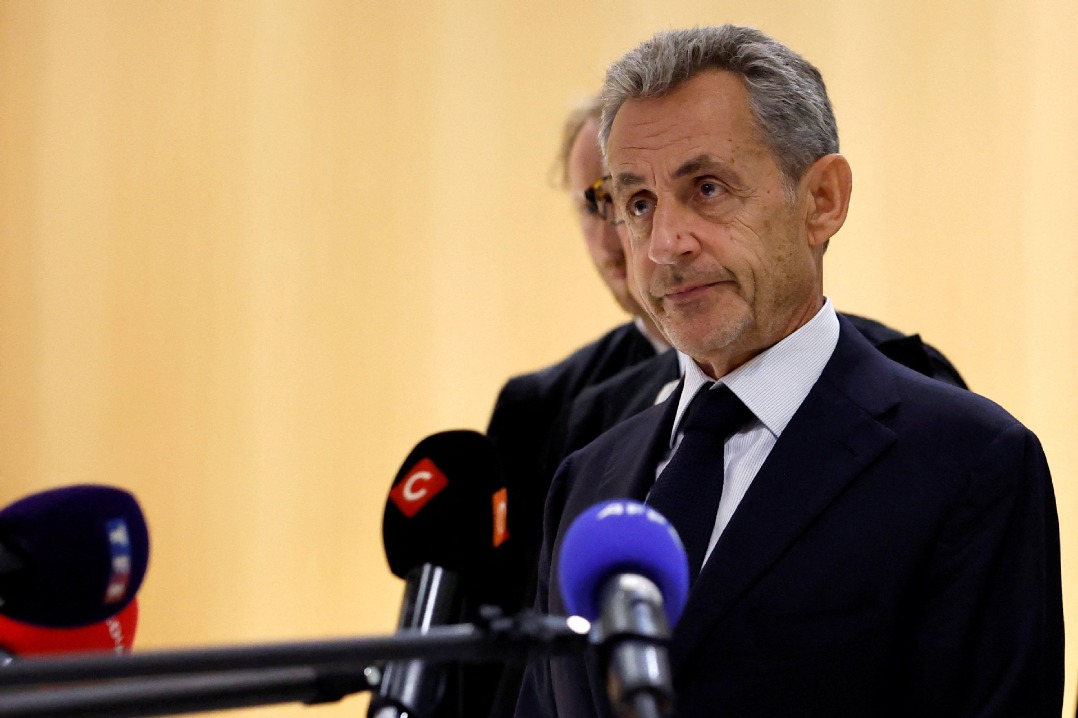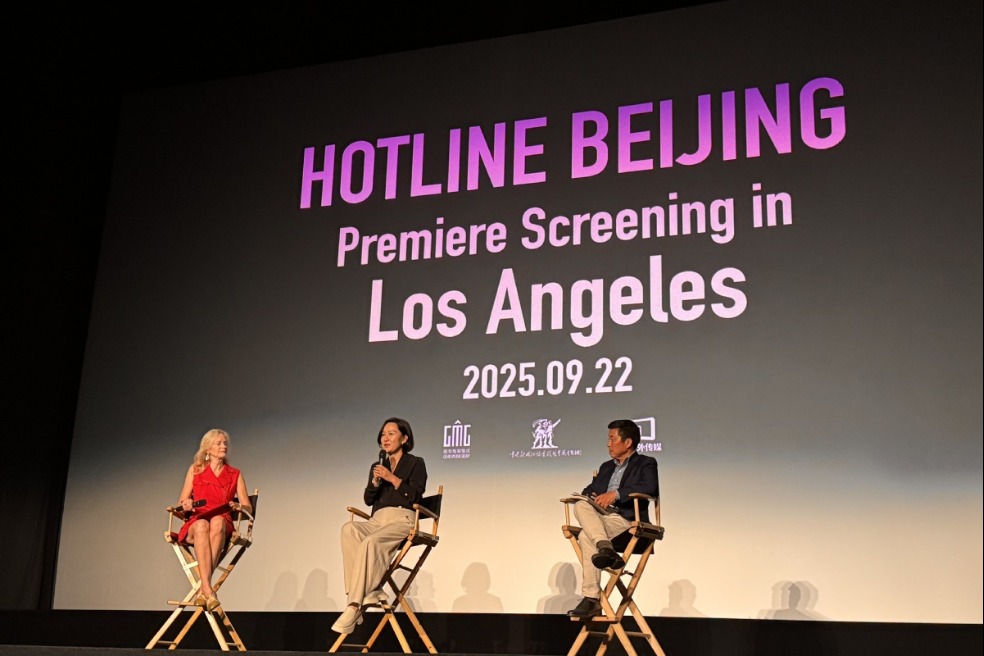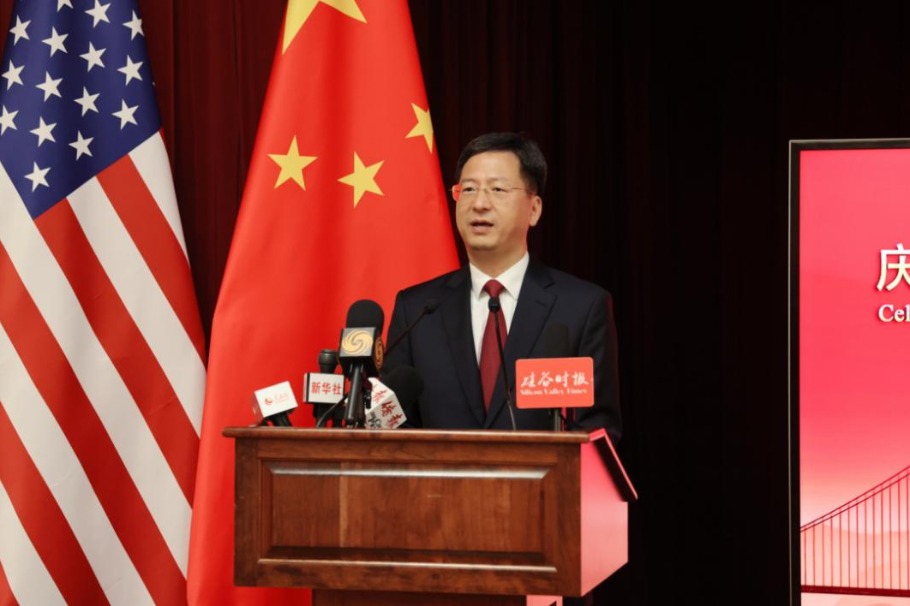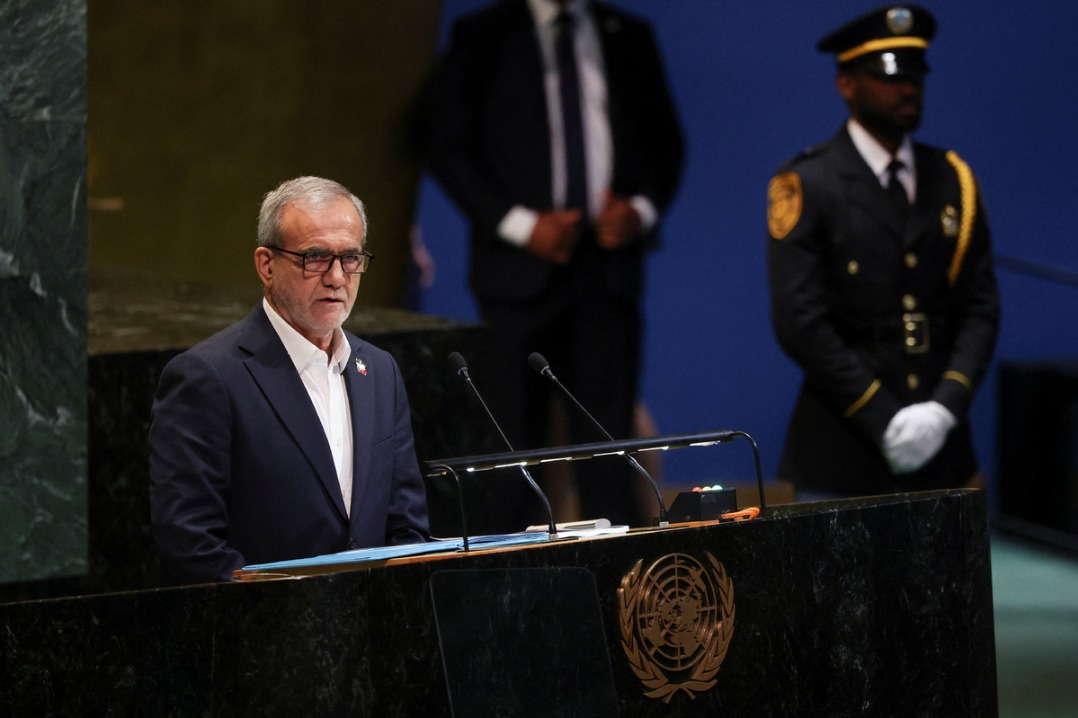Iran denies nuclear arms claims, decries sanctions






Iran's president reiterated on Wednesday Tehran has "never sought and will never seek to build a nuclear bomb" as the country is facing "snapback" sanctions on its nuclear program.
Speaking at the 80th session of the United Nations General Assembly in New York, Masoud Pezeshkian said Iran does not seek nuclear weapons.
"This is our belief based on the edict issued by the Supreme Leader and by religious authorities. Therefore, we never sought weapons of mass destruction, nor will we ever seek them," he said.
His remarks came after the United States in June carried out attacks on three nuclear sites in Iran: Fordow, Natanz and Isfahan.
Pezeshkian said the strikes, launched "at a time when we were treading the path of diplomatic negotiations", constituted "a grave betrayal of diplomacy and a subversion of efforts toward the establishment of stability and peace".
In a televised speech on Tuesday, Iran's Supreme Leader Ali Khamenei again stressed that the country has no nuclear weapons on its agenda by any means. In 2003, he issued a religious decree, or fatwa, forbidding nuclear weapons.
The bombardment of Iranian nuclear sites could not hinder Iran's uranium enrichment, Khamenei said, because producing it has become an indigenous science. He added that Iran has hundreds of experts on enrichment, the Islamic Republic News Agency reported.
Khamenei explained that uranium enrichment is beneficial to people's lives, as it has applications in various fields, including agriculture, electricity, and the preservation of natural resources.
However, talks with the US will come with harm to Iran, he said, while Washington has made excessive demands, including giving up on enrichment and missiles.
The US government "is a liar and hypocritical", resorting to intimidation and threats to achieve its objectives, Khamenei said.
"Iran has not given in to pressures, nor will it in the future."
Pezeshkian said France, Germany and the United Kingdom — the three European signatories to the 2015 Iran nuclear deal — had no legal basis for trying to reimpose UN sanctions on Iran.
The three countries invoked the deal's "snapback" provision on Aug 28 by notifying the UN Security Council that Iran was failing to comply with its commitments.
The snapback mechanism allows UN sanctions to be reimposed within 30 days if Iran is deemed in breach of the nuclear accord, formally known as the Joint Comprehensive Plan of Action, or JCPOA.The sanctions are expected to take effect on Saturday.
'Means of pressure'
Pezeshkian said the three European countries, having failed to bring the Iranian people "to their knees, at the behest of" the US, last week "sought by means of pressure, coercion, imposition and manifest abuse to reinstate against Iran the Security Council resolutions that had already been terminated".
"All of this was in pursuit of nothing less than the destruction of the very JCPOA which they themselves had once held as the foremost achievement of multilateral diplomacy," he added.
Meanwhile, China and Russia are circulating a draft resolution at the Security Council seeking a technical extension of Resolution 2231, which endorsed the JCPOA and outlined the process for lifting UN sanctions.
In a phone call with International Atomic Energy Agency chief Rafael Grossi on Friday, Iran's Foreign Minister Seyed Abbas Araghchi said Tehran would not accept "political action and unfair pressure" over its nuclear program, the Islamic Republic News Agency reported.
Pezeshkian also condemned Israel's aggression against Qatar.
"True security is not achieved through force but through confidence building, mutual respect, regional convergence and multilateralism grounded in international laws," he said.
Contact the writers at minluzhang@chinadailyusa.com





























